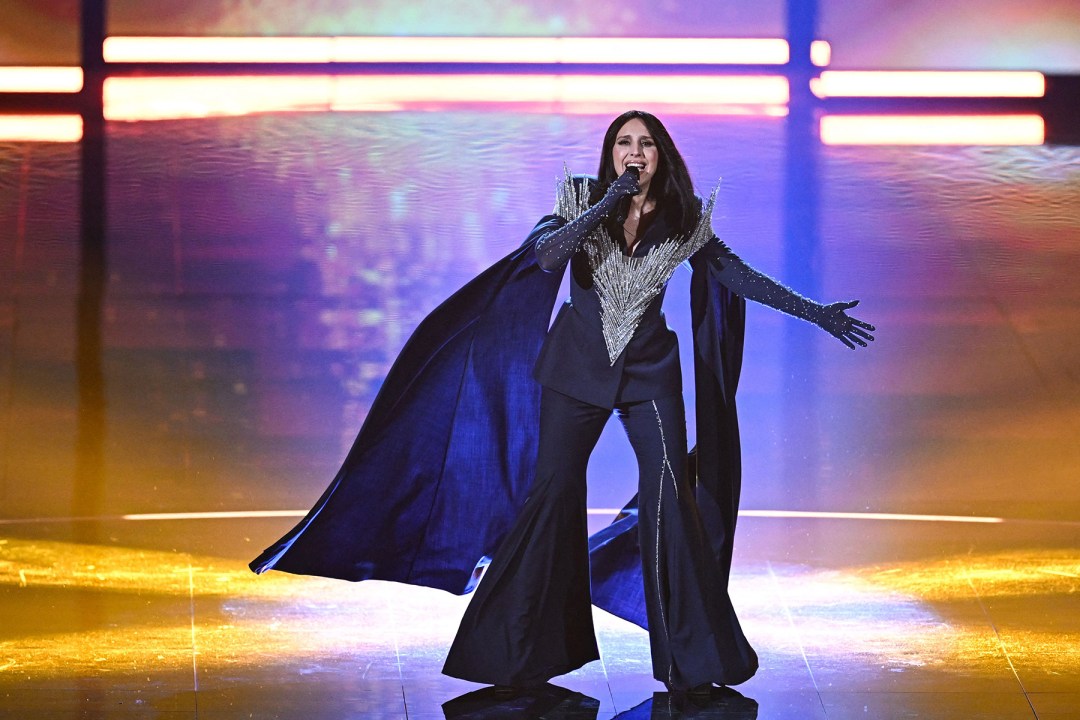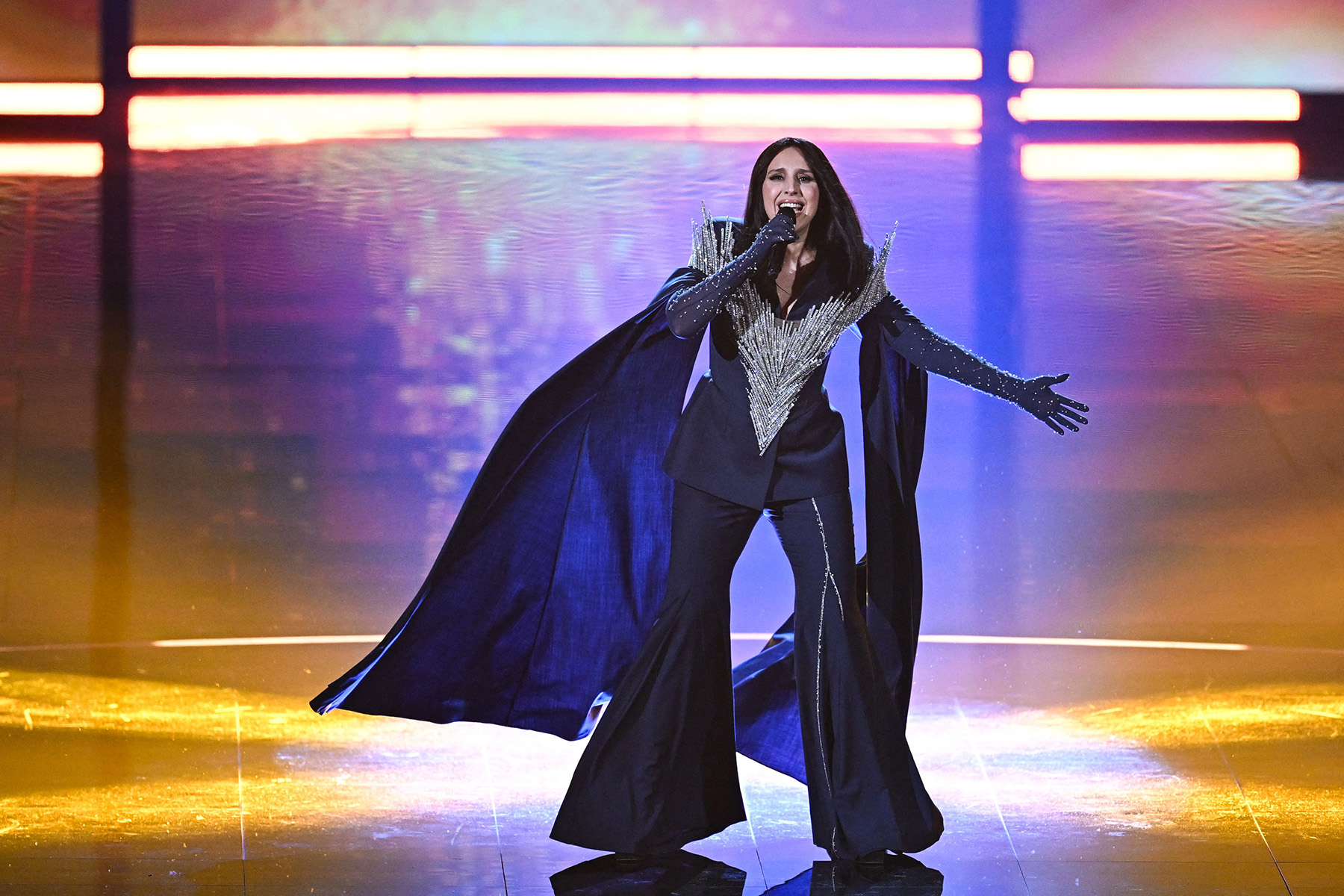Tucked in the margins of the recent Eurovision Song Contest was Jamala’s 30-second cameo of 1944, her winning song from 2016. Recently ranked third by The Guardian in the all-time list of Eurovision winners, her song almost didn’t make it to the contest when Russia tried to have it banned. Jamala’s lyrics referred to Stalin’s ethnic cleansing of Crimean Tatars, which took place over just three days in May 1944, but Russian politicians alleged they were thinly disguised to refer to the 2014 annexation of Crimea.
Whatever the real meaning, I doubt there can have been a more personal song in the history of Eurovision, not least because Jamala’s great-grandmother was amongst 191,000 Tatars deported from Crimea in cattle trains. I met Jamala in London during a brief stopover on her way home to Kyiv and the formidable passion for both her Crimean Tatar ancestry and her adopted nation of Ukraine (she was born in Kyrgyzstan) influenced every aspect of our conversation.

Get Britain's best politics newsletters
Register to get The Spectator's insight and opinion straight to your inbox. You can then read two free articles each week.
Already a subscriber? Log in







Comments
Join the debate for just £1 a month
Be part of the conversation with other Spectator readers by getting your first three months for £3.
UNLOCK ACCESS Just £1 a monthAlready a subscriber? Log in